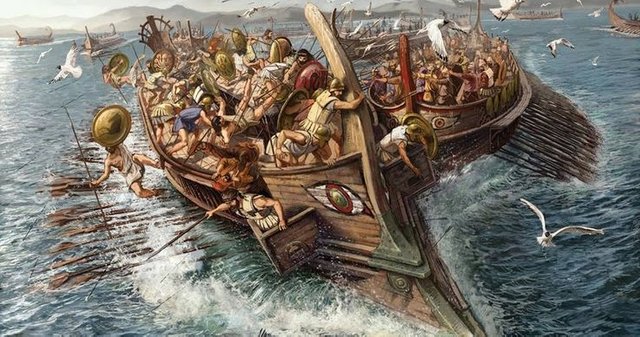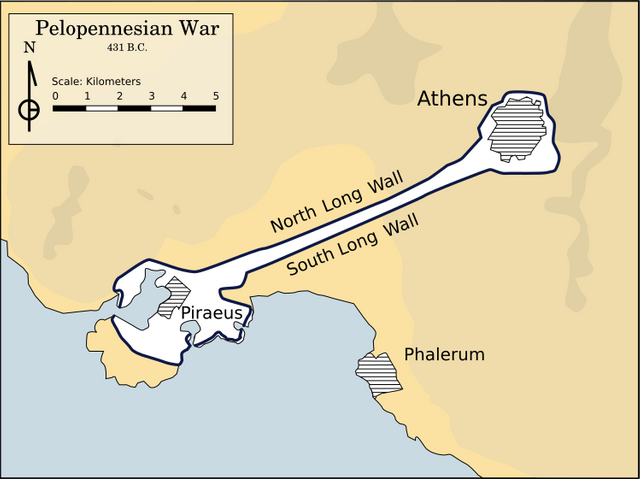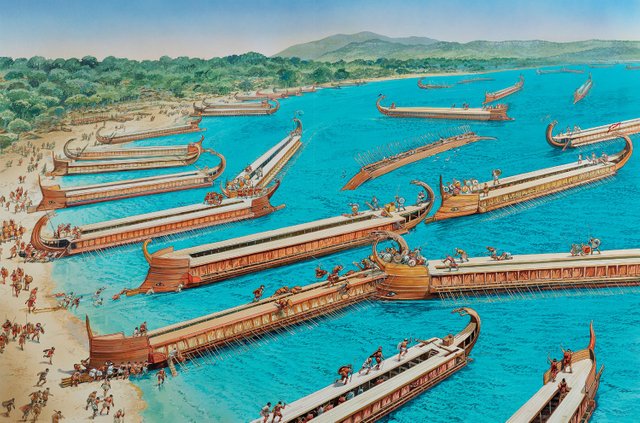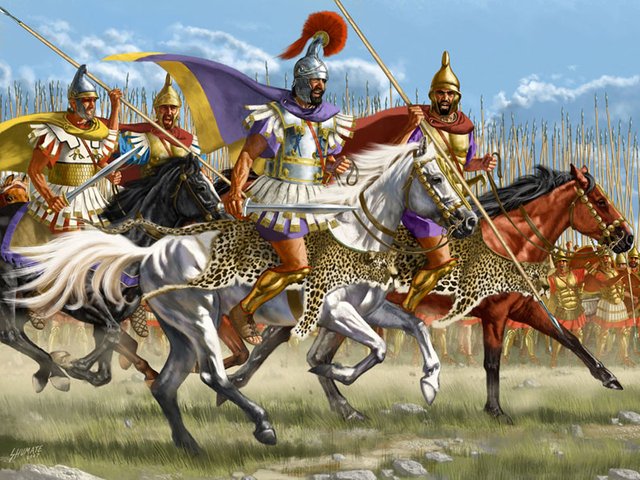Athens suffered great casualties in Syracuse in an unwise attempt at conquering. More than 40,000 men perished, while the rest were sold into slavery. This was a great victory for Sparta, and all signs were in their favor as the most likely to win this fratricidal war.

Aftermath of Syracuse
In two years, Athens lost 40-50,000 Athenians, allies, and slaves; and lost two-thirds of their fleet. Of it, 216 ships were either destroyed or taken by Syracusans. Athens invested heavily into this - whatever Nicias asked for, they gave. The city-state only had 1,000 talents left after this engagement. This cost them everything, however no one in Athens knew what occurred because no one returned. It was only until a foreigner arrived in Athens for a visit and began to talk casually about the loss. They dragged him out and flogged him for being a gossip-monger, but it was all true.
Who to Blame?
Alcibiades had fled and everyone else is dead, so there is no one left that can be brought to trial. Athenians blame the Ecclesia who voted for the war, so a gathering of 400 nobles rose up to overthrow democracy and form the Oligarchy of 400. Then a civil war erupted between those that wanted the oligarchy and those that wanted to keep democracy. At this point, Sparta decides to take advantage of this struggle and chooses to fight Athens. To get in they needed a navy, since the city-state had walls surrounding it that reached all the way to the port.

Sparta's only money comes from agriculture so they get the Persians to build them a navy - this works out due to the Persians' mutual hatred of Athens. However, in 410 B.C. disaster struck Sparta. Even with the hastily built triremes of the Athenians, they defeated the Spartans - so much so that they requested peace. All three great generals of Athens tell Ecclesia to take the offer, but they voted to fight. Athens had nothing to lose and wanted to fight until the very end.
Battle of Aegospotami
Lysander, a Spartan admiral, decided that Sparta would raid all of Athens' allies all around the Hellespont where they get their grain. He would pick off straggler ships, burn crops, and storm strongholds; never once coming in direct contact with Athens. At this time Alcibiades was sentenced to exile by the Athenians, living in Ionia overlooking the Hellespont. One day he looks out and sees the entire Athenian navy parked along the beach across from him - all 180 triremes.

What Alcibiades found unusual was that no one was guarding the fleet, instead all the men were lolling about the beach. He went looking for the person in charge and at no point did anyone try and stop him. He finally finds a commander and tells him that all of his ships will be destroyed with no guards. The commander says that he will lead again if Alcibiades is willing to pay. However, the commander tells him it's not his fight and to go home, so Alcibiades does.
In 405 B.C., Lysander appears and destroys the Athenian navy at Aegospotami - 170 out of 180 ships were gone. The fleet was not just for war, but for grain as well. Athens now has no food because no grain is coming in, and the cost for it has risen significantly. They try to eat anything they can find - leather, bark off of trees, leaves; anything to avoid surrendering. In 404 B.C., the Athenians surrender and the Spartans move in. They contemplated on what to do next because the Athenians twice refused their offers for peace. One story tells of a man who began to sing lines from the plays of Euripides, the Spartans were so touched they agreed to spare them. They allow Athens to stay but force democracy out, instead putting in place 30 tyrants. The Spartans finally win their Pyrrhic victory.
The Future of Greece
In 371 B.C. the Spartans decide to fight the Thebans - who have grown powerful by this point and who are now allied with Athens. Thebes wins and the Spartans are crushed; they decide to set up their own empire. Eventually there was so much infighting and disunity at this point that the Greeks were destroying themselves. However in c. 330 B.C. Philip of Macedon swoops in and conquers all of Greece, with the exception of Sparta. After so long, Greece is finally unified but at the cost of their independence - the thing they treasured most. People start wars to protect values, and the Greeks had all these values, but they lost who they were in the Peloponnesian war.
